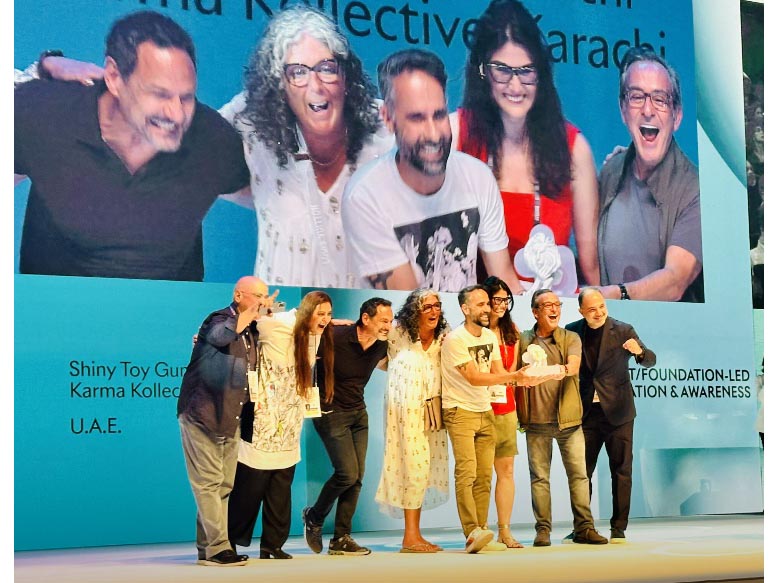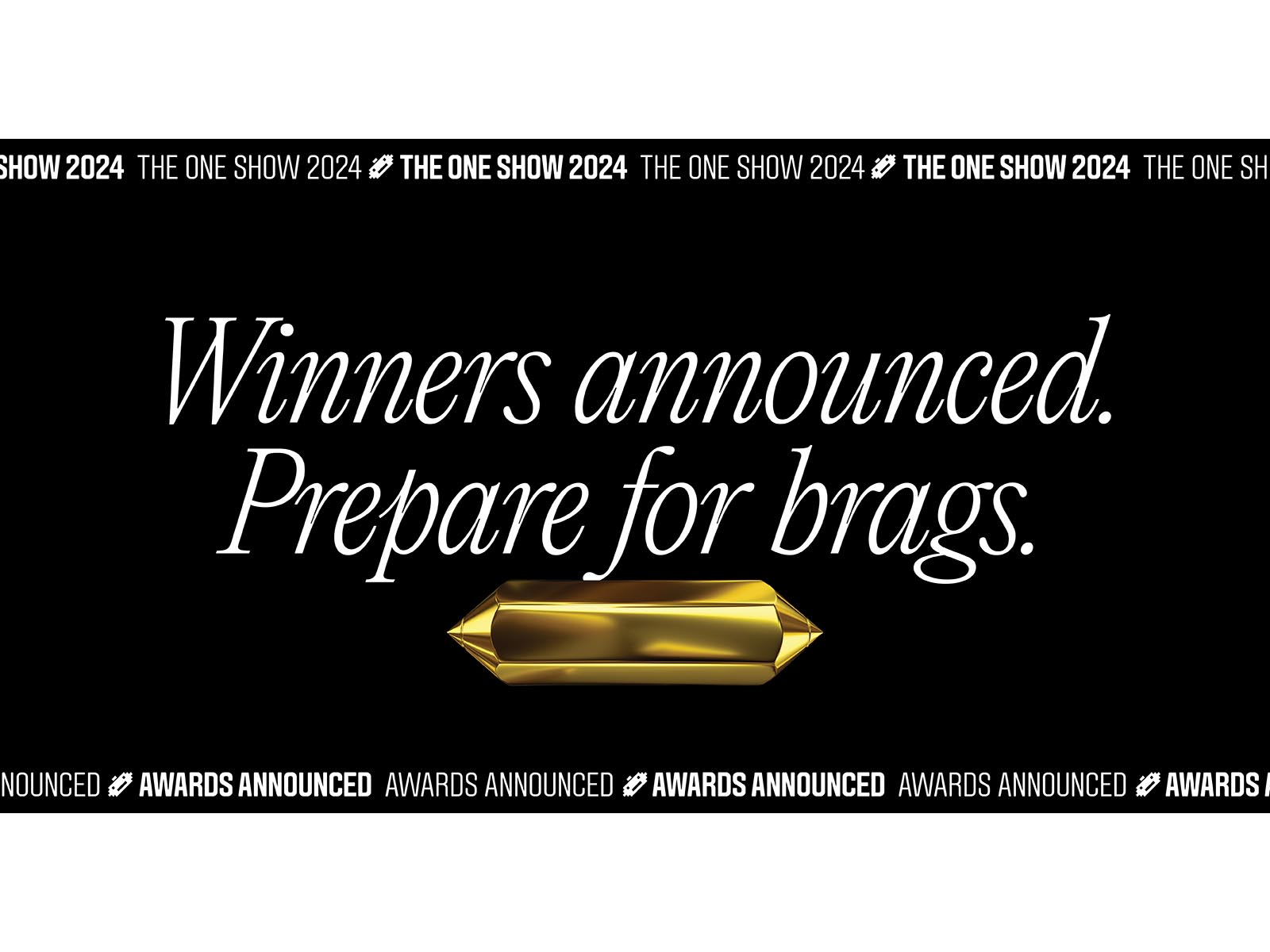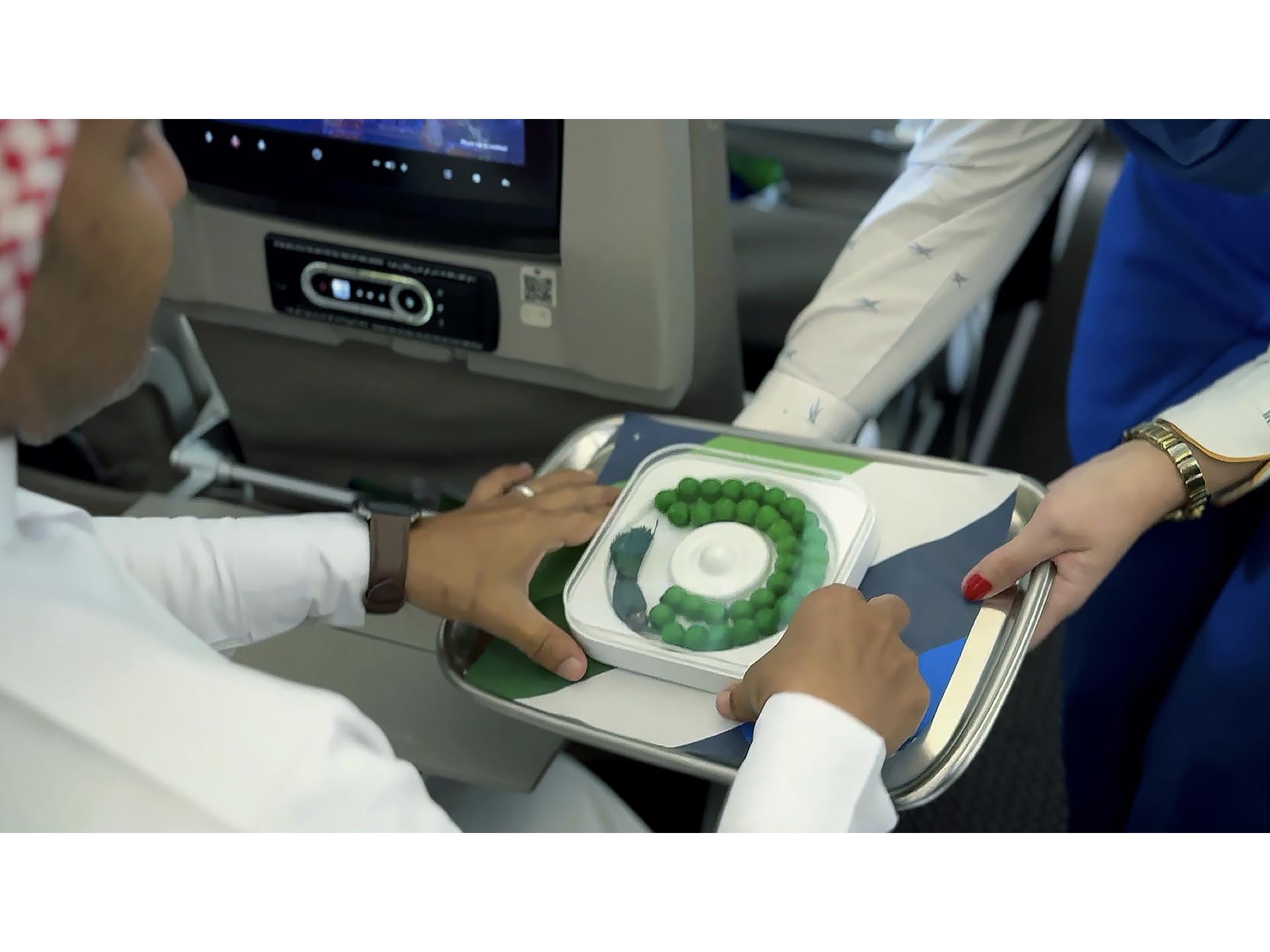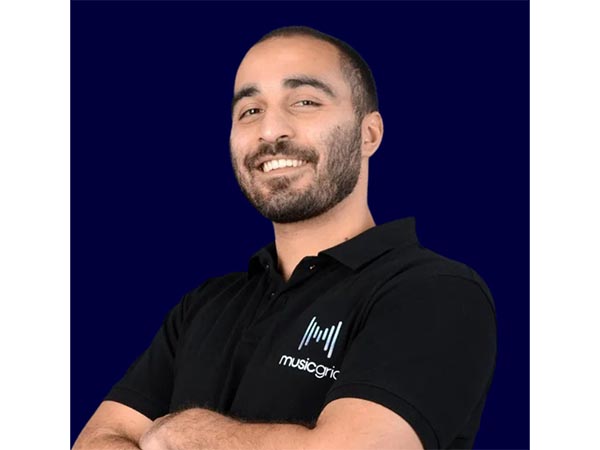News - Branding
Brands in the Saudi Market Need to be Anchored by a Human Purpose
March 18, 2016

Across the globe, we have seen brands reacting to the empowerment of their consumers by revealing a human dimension to their brand, one that is purpose-driven and that goes beyond what products it delivers or how it conduct its business; rather, it reveals how brands view the world and why they seek to exist in people’s lives. Such a purpose is an articulation of the brand’s conviction on how people are living their lives today and how they ought to live.
This brand purpose, which should anchor the organisational culture, its processes, its business conduct and its operational and marketing activities, should also inspire the organisation to play a more pivotal role in people’s lives. The aim is to inspire and empower them to either improve their lives, achieve their goals, overcome their obstacles and/or do whatever they need to generally enhance experiences. By doing so, we have seen how these global brands have improved their business performance.
Today, an organisation like Unilever is stating that 'brands with purpose' are growing at twice the speed of others in its portfolio and Jim Stengel’s 2011 book “Grow: How Ideals Power Growth and Profit at the World's Greatest Companies.” summarised a research of 50,000 brands in 40 countries, creating a list of 50 purposeful brands --“The Stengel 50”. The research showed how these purposeful brands built loyalty and outperformed the S&P 500 by more than 400 percent between 2001 and 2011.
There is no doubt that anchoring your business by a human brand purpose works, and playing a meaningful role in people’s lives beyond selling brings in great business performance. Therefore, the challenge for brands in Saudi is to do this.
Saudi has gone through major cultural shifts and during such shifts people are developing new sets of dreams, aspirations, goals, anxieties, worries etc. It is in the pursuit of filling the gap between how the people of the Kingdom are living their lives today and how they ought to is where brands can identify their human purpose. Two segments often come to mind when thinking about these new sets of dreams and aspirations: Saudi youth and Saudi women.
The new generation of Saudis makes up the majority of the population, as 51% of the Kingdom’s population is below the age of 25. These youth have been highly urbanised (in most cases they are the first urbanised generation in their families), and have been highly exposed to the outside world. Saudi is on its way to become the most digitally engaged society in the world with the highest per capita consumption on YouTube, the highest Twitter penetration and the third highest smartphone globally. They have grown up with the mindset that they belong to one of the richest countries in the world, where wealth and fortunes are awaiting them, only to realise that, in reality, what is waiting for them is the struggle to find a job (five million young Saudis are expected to enter the job market between now and 2030, most of them are going to have to make it on their own).
So, in brief, here is a generation that makes up the majority of the population, which has been exposed to all of the possibilities out there and is full of passion to explore and to live life to the fullest. KSA is filled with individuals who are confident (and sometimes overconfident) of their potentials and who are eager to achieve what they feel their country ought to offer them. Yet, they grow up only to face one limitation after the other.
Another segment is the relatively newly empowered Saudi women. While they make around 43% of the total population, throughout their past they have faced a long list of limitations, and today, they have simply had enough. They understand that – due to the fact that they are segregated from men, not able to legally drive, require a male guardian to go out, and have to dress according to a certain code – their status in Saudi Arabia might give people the perception that they are suppressed and inactive. Quite the contrary, they are frustrated with these perceptions; they believe that many of them are highly educated, intelligent, and successful working women who are growingly playing more prominent roles in their society. However, the society, along with marketers, do not seem to want to perceive them this way. According to Maha Akeel, a prominent Saudi journalist, “We –Saudi women- are managers of multi-billion dollar companies, world-renowned scientists, university deans, bank CEOs, deputy ministers, as well as the director of the UN Population Fund. We are gaining ground every day. Like other women around the world, achieving independence is an ongoing struggle for us, and one that deserves to be recognised in the media and elsewhere.”
Now for a brand aiming to play the above-mentioned relevant and meaningful role, the list of how it can affect these two segments and truly influence their lives for the better is really endless. This is in fact a period that brings a great amount of opportunities for brands in the Saudi market. Organisations only need to have the right mindset and anchor all their activities by a human purpose, in the very same manner that most successful global brands have done.








.jpg)




